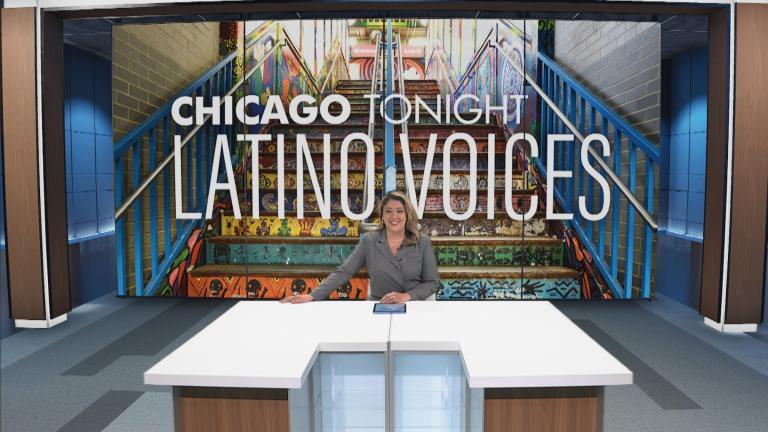Throughout the years of the pandemic, the country’s nurses have been on the front lines of every aspect of COVID-19 care, making an already challenging profession increasingly difficult.
A recent McKinsey survey found that 29% of registered nurses say they were likely to leave their positions working directly with patients or even leave the workforce entirely.
As the American population ages and needs more health care — and as the American demographic continues to become increasingly Latino — finding ways to draw more people, especially Latinos, into nursing is crucial to providing effective health care.
Esther Sciammarella, executive director of the Chicago Hispanic Healthcare Coalition, said hiring more bilingual nurses is only the first step in offering culturally competent care to patients.
“Cultural competence means knowing the belief system of the culture of the people you are serving,” Sciammarella said. “Sometimes you need a consultation of the entire family. You sometimes you don’t explain only to the patient, but you need to explain to different members of the family … the culture, particularly in the Latino community, the family is part of the whole issue, all working together.”
Gladys Riello teaches at Chamberlain University’s College of Nursing, where she also is pursuing her Doctor of Nursing Practice. She currently is an instructor at the Chamberlain University Addison campus, where she teaches health assessment to first year students and nursing care of children to juniors and seniors. Riello said the primary concerns about entering the nursing profession she hears from her students are financial.
“A lot of our students or our candidates are working full time and in the Latino community, we know that a lot of us are helping our parents … So I know financial constraints can be a really big barrier for students,” Riello said. “There’s also the constraints of being worried that they’re not going to be successful in the Latino community. We know our parents sacrificed so much for us to come and we want to make them proud. So we have that high standards on our shoulders that we want to be successful and that fear can sometimes get in their way.”








